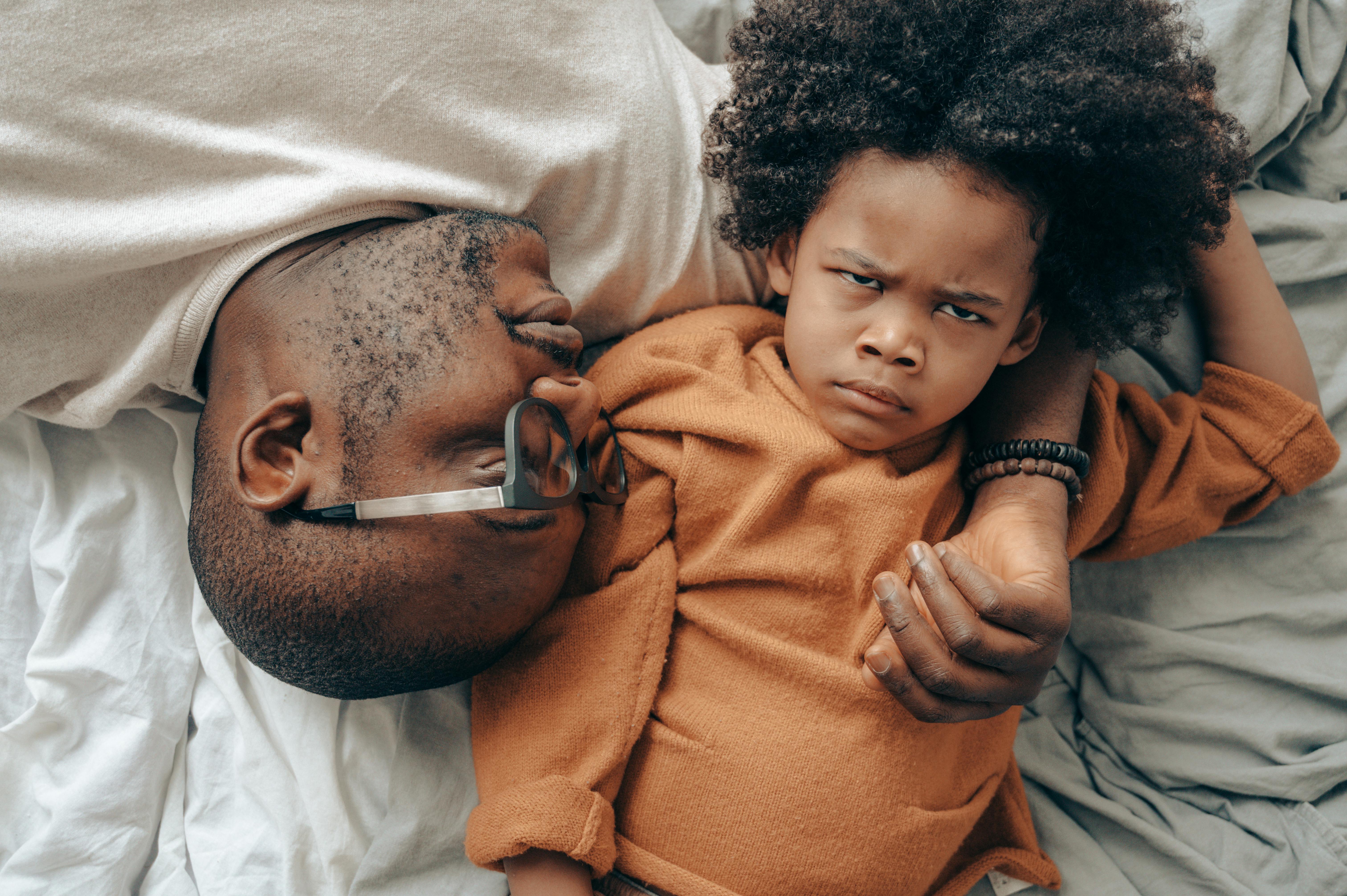
book review of "What is happening to my teenager?" by Mark Gregston
What is happening to my teenager? [Soft cover]
by Mark Gregston
224 pages, $13.99
ISBN-13: 978-0736924443
Non-fiction
Review by Steven King, MBA, MEd
When children are young, they want their parents to enjoy playtime with them. The daughters are princesses and the sons are the princes of their families. A delicious afternoon can be spent making mud pies in the backyard. Refrigerators and social networking sites are quickly adorned with each discovered treasure.
Then… around the age of 12 or 13, something terrible happens. Independence is coming. The one who was content to play in the backyard suddenly realizes that he is not grafted onto you. And to the pain of many parents, the opposite sex takes on a new meaning in the eyes of our children.
Maybe you’re like a myriad of parents before you who struggle and wonder, “What happened? How come my son doesn’t want anything to do with me anymore?” Going from hero to zero is one of the most daunting experiences any parent can go through.
Mark Gregston thinks he can answer this question. In its What is happening to my teenage son?, attempts to share insights from his 30-year involvement with teens. Building on his youth ministry beginnings, he and his wife opened Heartlight, a residential treatment center for boys and girls in Hallsville, Texas. Since 1989, he has worked with thousands of teens who have struggled with lying, selfishness, depression, or disrespect for authority. The presentation of him is through the eyes of numerous “teenagers”, of whom he shares a particular vision. For example, the difficulty and transition experienced by seven-year-old Chad when his parents divorced.
While Gregston offers a good perspective on adolescent behavior, his book reads like an indictment of fatherhood. Throughout much of the book, she is quick to point out that what parents label as rebellion, for example, is actually “normal” behavior for any teenager. Gregston’s educational approach is a bit naïve, as she insinuates that the problem often lies in the school’s inability to reach the student, rather than the student’s inability to conform to the school’s wishes.
Other than that, his insight into the ill effects of isolating students who are primarily homeschooled is perhaps some of the best instruction this writer has come across. Inadequate isolation from the “real world” can and does have catastrophic consequences.
If your teen is out of control and has reached the end of his rope, read this book. It could tell you about what has happened to your teen.